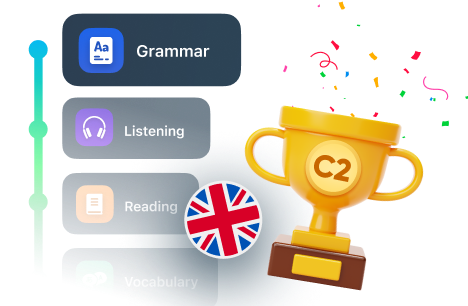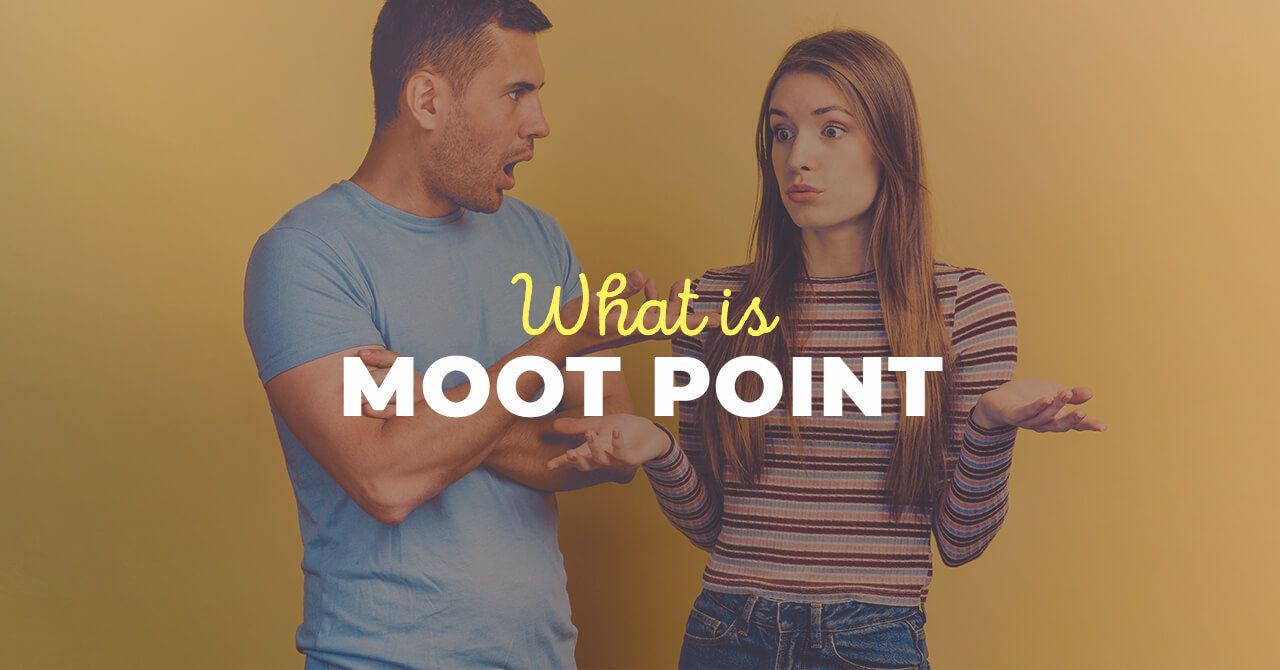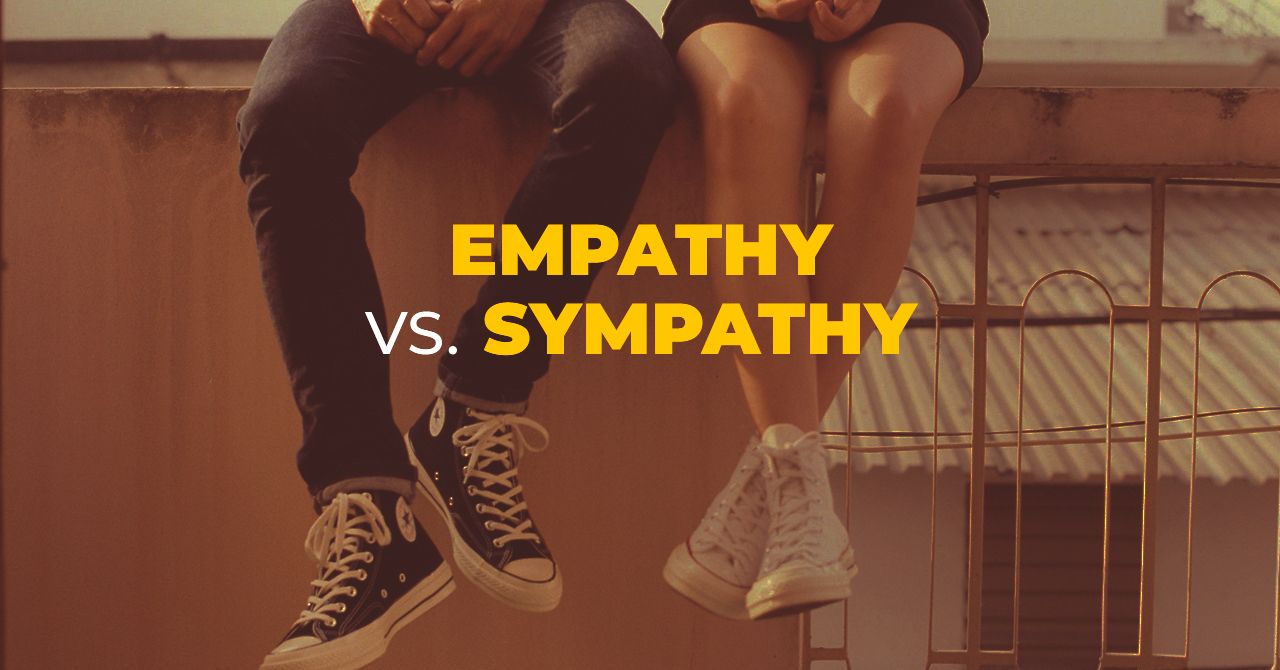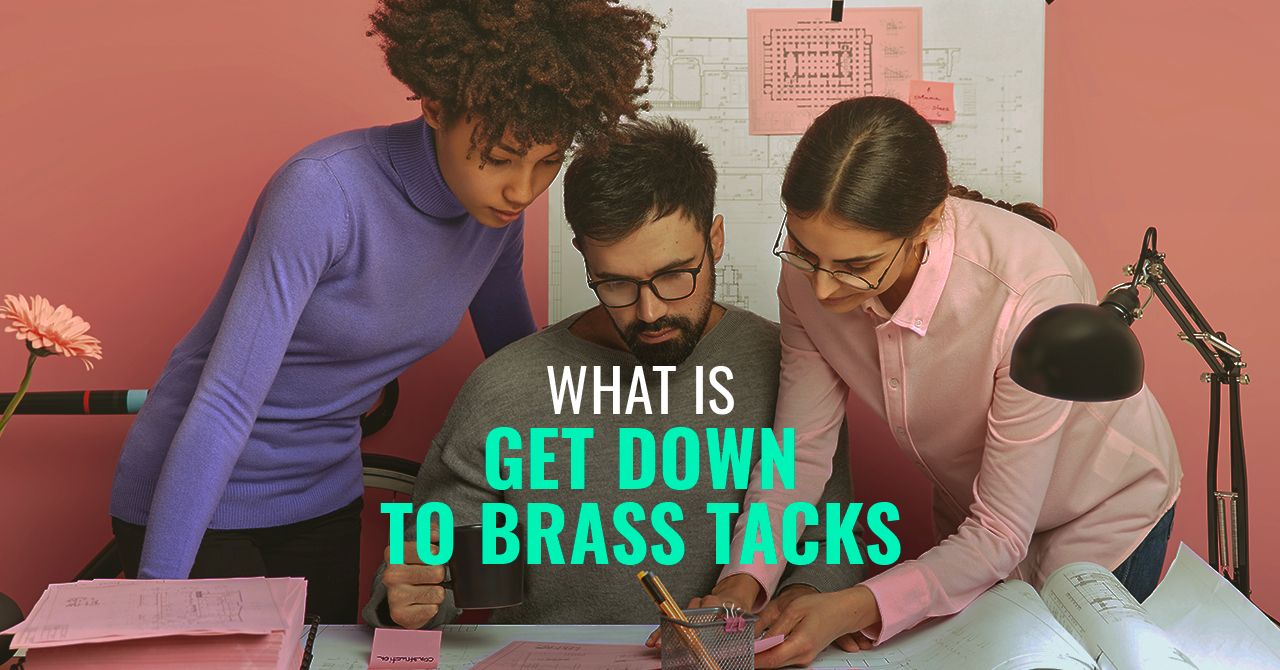Learn English with Personalized Path and AI-powered practice sessions
 Start for free
Start for free
Follow up is a phrasal verb that we can use in several contexts. Follow-up can be an adjective that refers to the act of following up.
The present perfect has a distinct form and function. It informs the listener (or reader) about past actions and the present moment simultaneously.
In American English, a moot point is a completely unrelated issue to the main subject of discussion. In British English, on the other hand, a moot point is simply a debatable issue.
When someone says they’re “at their wit’s end,” it suggests they have negative feelings or thoughts. It does, however, imply that they are upset and resentful.
“Nevermind” is not merely a misspelling. It is still a word, which can be found in some dictionaries, but it means something completely different.
Despite their shared origin, the words “empathy” and “sympathy” have different meanings.
English has many words and phrases that originated from Latin. “Mea culpa” is also one of them.
We use “getting back to brass tacks” to invite someone (or ourselves) to get down to business and start solving core issues.







